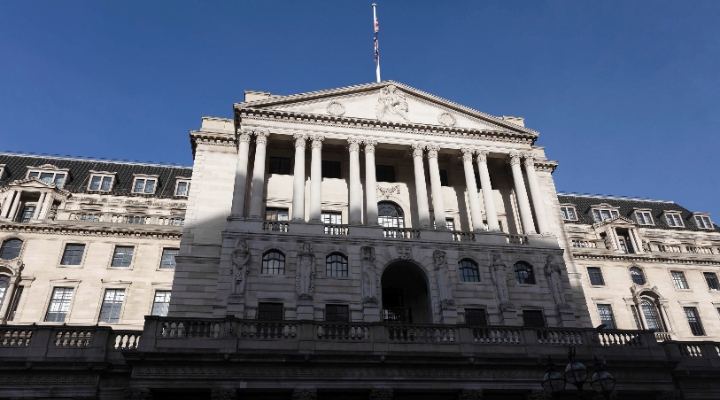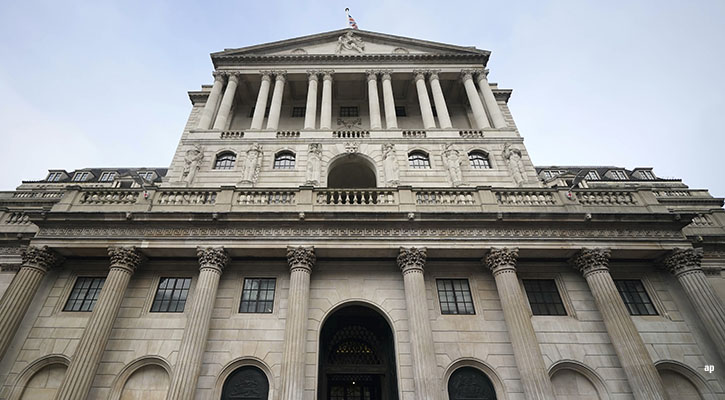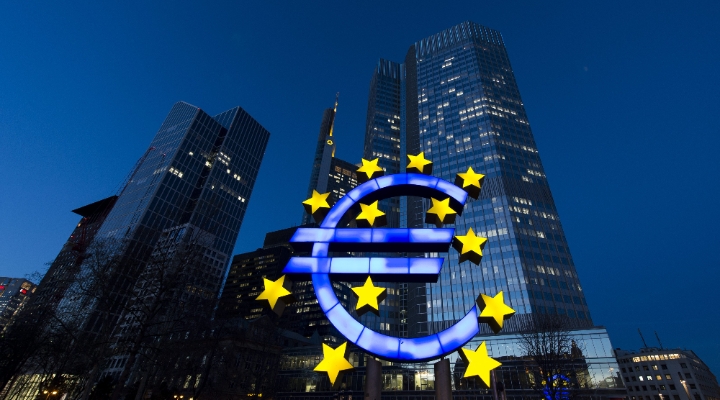
Updated UK inflation figures are due on Wednesday February 14 and the forecast is for an annual rise of 4.1% (year-on-year) for the Consumer Price Index (CPI), with month-on-month figures showing a very marginal decrease.
This data will cover January 2024 and will therefore be the first inflation-focused dataset for this year.
After a period of declining inflation, December figures showed a surprise increase in CPI to 4%, from 3.9% in November. This unsettled the UK stock market – and interest rate cut expectations for 2024 – but was not actually unexpected, given the same trend was already evident in the US and in the Eurozone.
CPI hit 11.1% in October 2022 and has fallen back to 3.9% in November 2023. Given the pace of disinflation, a modest uptick should have been factored in. But inflation being double the Bank of England's 2% target is still uncomfortable for policymakers and for a government preparing to call an election.
What's Driving UK Inflation?
In the December data released in January, alcohol and tobacco were inflationary drivers, as well as flight and hotel prices. After a cold snap in January, energy bills could be at the wheel this time; oil prices also rose in January as a variety of geopolitical events tightened supply, but petrol and diesel prices have not moved much since the start of the year. The charts below give an idea of the various components of the CPI basket and how they have changed.
On February 1, Bank of England governor Andrew Bailey made a surprise prediction in the press conference following the monetary policy report: that inflation this year would start to fall back towards target in the spring.
That's good news for those wanting rate cuts. But it will then start to rise again towards the end of the year to 2.75%. The bad news for homeowners yearning for a return to ultra-cheap mortgages? Inflation won't hit target until 2026. You may recall this target has already been shifted to 2025 from 2024.
The Bank blamed energy prices, which are driven by global trends, as well as domestic factors.
"CPI is projected to fall temporarily to the 2% target in Q2 2024 before increasing again in Q3 and Q4," it said.
"This profile of inflation over the second half of the year is accounted for by developments in the direct energy price contribution to 12-month inflation, which becomes less negative.
"This reflects the persistence of domestic inflationary pressures, despite an increasing degree of slack in the economy. CPI inflation is projected to be 2.3% in two years' time and 1.9% in three years."
When Will UK Interest Rates Fall?
It's become a ritual for journalists to ask the MPC when they think rates will start to be cut and for this to be met with a cautious response. The Bank is ready to cut rates but is still concerned about inflation persistence; while Bailey said "things are moving in the right direction", he countered by saying "we're not there yet".
This call of response of "when?" and "not yet" will no doubt stop at the first rate cut, which markets are currently pricing in for June, a month ahead of the Federal Reserve, which is ahead of the rest of the world in its own rate-cutting pathway.
After the February rate decision and meeting, the headlines focused on the "door" being "open" to rate cuts, which ignored the fact that two members of the MPC voted for a rate increase of 25 basis points. UK editor Ollie Smith leaned into the contrarian case for another hike in a "what if" video last week. Perhaps the Bank does have more rate hike left in this cycle? Certainly this wasn't on the agenda when investment banks lined up their forecasts in December 2023 for the year ahead.
Globally, the inflation picture is similar, but the exception is Japan. In the West, at least, inflation has fallen sharply from 2022 highs but is still too high for central banks to embark on monetary easing just yet, which would effectively reverse some of the recent rapid rate rises seen in 2022 and 2023. After the last Federal Reserve meeting at the end of January, rate cut expectations were pushed back to May from March, while the European Central Bank gave no hints of the when rates might fall.
Article written by James Gard, with charts by Sunniva Kolostyak





























